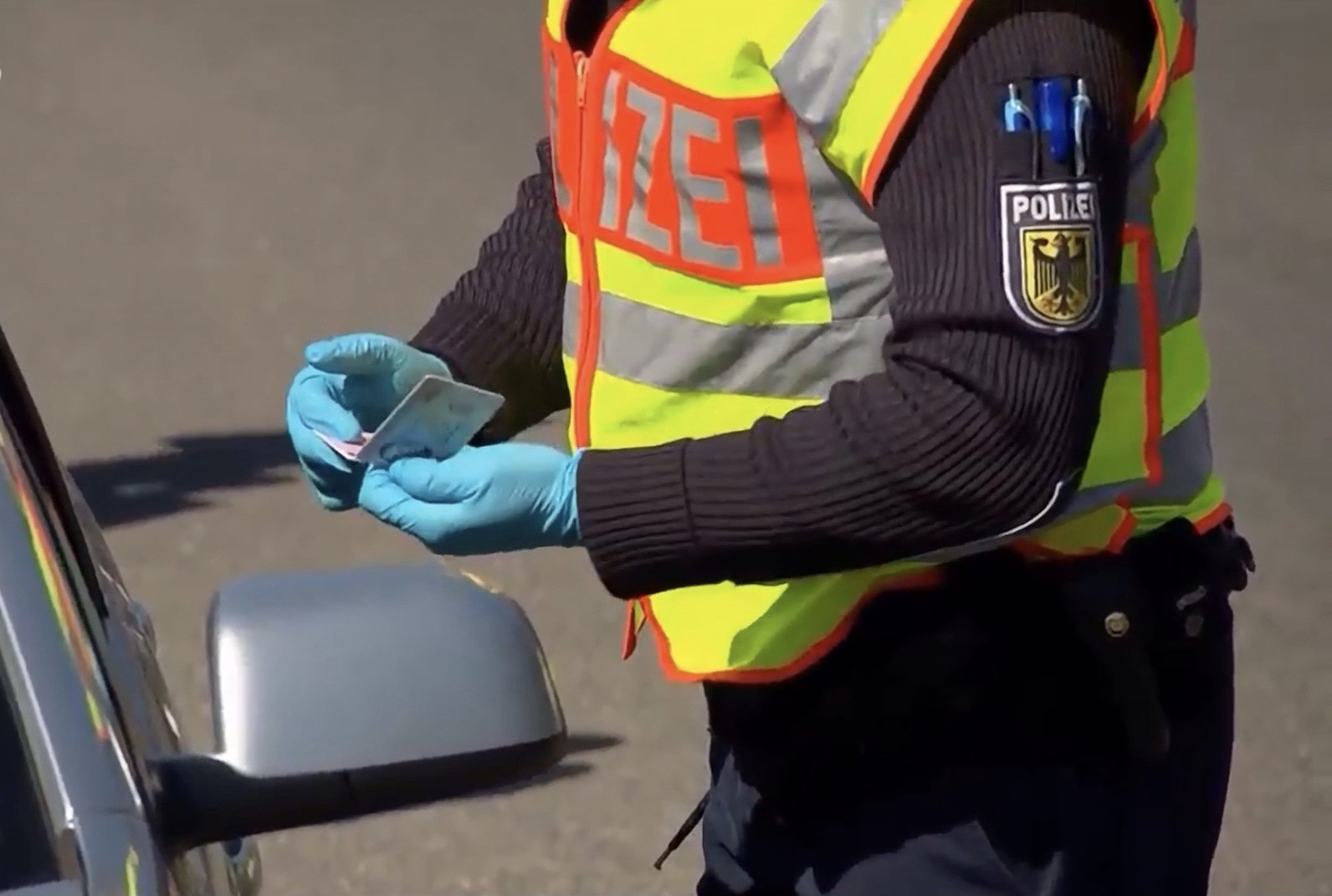The Federal Police will soon be able to impose three-month residence bans on football fans, monitor them extensively with drones and track refugees via their mobile phones when they cross the border.
In 2005, the German Federal Border Guard (BGS) was renamed into the Federal Police, having already lost its combatant status in 1994. This marked the end of an era of highly militarised police: the force was no longer held in reserve against a possible invasion by Russian forces and discarded a considerable part of its paramilitary equipment. With the reform, however, the BGS was given powers of law enforcement, like those held by the state police forces.
For years, the German government has wanted to modernise the Federal Police Act of 1994, and this week the Ministry of the Interior presented a first draft. The focus is on new powers for “danger prevention”. This includes, for example, the surveillance of telecommunications, which, according to the draft, may also be carried out “preventively”. Officials are allowed to collect traffic data from mobile phone operators in order to create movement profiles of suspects or track down their contacts with the help of “silent text messages”. This is to prevent “unauthorised entries” or the departure of “extremist or violent persons”.
Federal police officers are also to be allowed to wiretap homes and take pictures in order to “danger prevention” if this serves to combat “serious smuggling of migrants” or “organised groups of perpetrators”. Since 2016, the Federal Police has been allowed to deploy undercover officers and to conduct informants, and this is also to be extended to danger prevention.
The use of “automatic image recording devices”, which can be set up at borders, for example, has been given its own provision. The wearing of body cams and the video surveillance of detention rooms will also be regulated by law. As before, the Federal Police will be allowed to set up number plate recognition devices, provided that this is done “temporarily and not on a nationwide basis”. What is new is the rampant use of drones, which are referred to in the bill as “mobile sensor carriers” and can record images and sound at all public events or gatherings as well as at railway stations. In addition, the Federal Police will also be given resources to counter unwanted drones.
The bill also includes the possibility of imposing a residence ban valid for up to three months if, in the opinion of the officers, a person “will commit” a criminal offence of considerable importance. The new regulation is justified with violent offences “in the context of football fan travel”.
Racist police controls in the border area or elsewhere are not excluded in the new law. In order to combat “unauthorised entry”, the Federal Police can stop persons on the basis of their appearance “insofar as there is suspicion on the basis of situational knowledge or border police experience”. Upon request, the persons concerned can be provided with a receipt – also in digital form – confirming the measure and the reason for it.
Finally, the Federal Police will also be subject to the identification requirement. Upon request, officers are to identify themselves or at least provide the “individual number” entered on the service card. When performing official duties, they are to wear a badge with their family name or a five-digit service number. In operational units, a “tactical identification” is prescribed.
The draft law can now be commented on by associations and other interest groups. Criticism of the proposals comes, for example, from Martina Renner, the domestic policy spokesperson for the Left Party in the Bundestag. The Federal Police would be expanded into an instrument of “repressive sealing-off policy”, Renner told “nd”, this would not be “improved by a few control receipts”. Considerable new powers of intervention would be “countered by a few placebos in terms of civil rights”.
Published in German in „nd“.
Image: Einreisekontrolle Bundespolizei (René Mentschke, CC BY-SA 2.0).





Leave a Reply